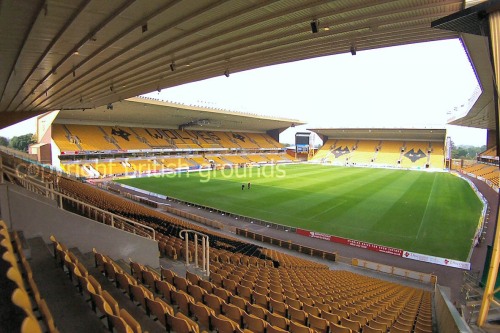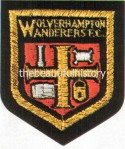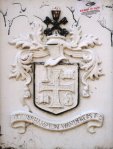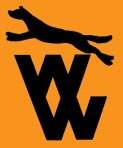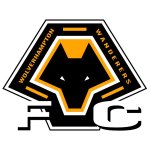Previous to Coventry, I lived in
Northampton for 3 years. Being a football fanatic and interested in nearly
every football match in England I thought about going to a see some of
Northampton Town’s (League 2) matches.
We have many football teams in the
Midlands, and particularly Aston Villa and Birmingham City play at a much
higher standard. Furthermore Coventry is playing a league above Northampton
Town. The ticket prices however do not reflect this! A ticket to see
Northampton Town is £20. There are no cheaper alternatives as they only open
the West Stand for matches, as the stadium is more than half empty on every
League 2 fixture. Another negative is that they DO NOT offer student discount.
With Northampton University being of considerable size this is not
understandable.
During my 3 years at the University I
visited 3 games due to the high price for very “poor” standard football and
would have gone more often had the price been a big more sensible. (Instead I
went to see top class Rugby with the Northampton Saints for the same price)
If we compare this to Coventry City (League
1) there is a student discount and a match ticket would set you back £15, with
the Adult price being the same to Northampton. Birmingham City (Championship)
also has a price for students set at £16. I just hope Northampton Town target
students in the near future, as I believe both sides would benefit. Currently I
would not recommend going to a Cobblers game, visit Birmingham or Villa
instead!


